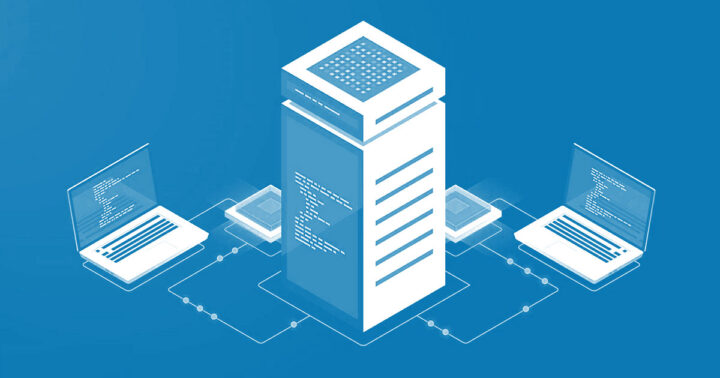An application server is a software framework or platform that provides the necessary infrastructure and runtime environment for hosting and executing applications. It serves as a middle layer between the client devices and the backend systems, enabling the development, deployment, and management of various types of applications.
Key aspects and functions of an application server
- Application Execution: An application server executes applications and processes client requests. It provides the runtime environment, resources, and services necessary for applications to run effectively. This includes managing application lifecycles, handling user requests, and ensuring efficient resource allocation.
- Middleware Services: Application servers often offer middleware services that facilitate communication and integration between different components and systems. This may include message queues, transaction management, data access, security services, and caching mechanisms. These services simplify development and enable interoperability among diverse applications.
- Scalability and Load Balancing: Application servers support scalability and load balancing to handle high volumes of concurrent requests. They can distribute incoming requests across multiple instances or servers to ensure optimal performance and resource utilization.
- Web Application Hosting: Application servers are commonly used to host web applications. They handle HTTP requests, manage session data, and provide web services, enabling the development and deployment of dynamic, interactive, and scalable web applications.
- Application Development Support: Application servers often include development tools, libraries, and APIs that assist in the creation and deployment of applications. They may provide integrated development environments (IDEs), debugging tools, and frameworks to streamline application development and accelerate time-to-market.
- Application Deployment and Management: Application servers offer features for deploying, monitoring, and managing applications in production environments. They facilitate version control, configuration management, performance monitoring, and logging, allowing administrators to monitor and control application behavior.
- Integration with Backend Systems: Application servers integrate with backend systems and databases, enabling seamless communication and data exchange. They provide connectivity to databases, enterprise systems, messaging platforms, and other backend resources, allowing applications to access and manipulate data.
Application servers are used across various industries and application domains, including web applications, enterprise software, mobile applications, and cloud-based services. They provide the necessary infrastructure and services to support application development, deployment, and management, ensuring efficient and reliable execution of applications.
Different types of application servers exist, such as Java application servers (e.g., Apache Tomcat, JBoss), .NET application servers (e.g., Microsoft IIS), and open-source platforms (e.g., Node.js, Ruby on Rails). The choice of an application server depends on the specific requirements of the application, development environment, and target platform.

